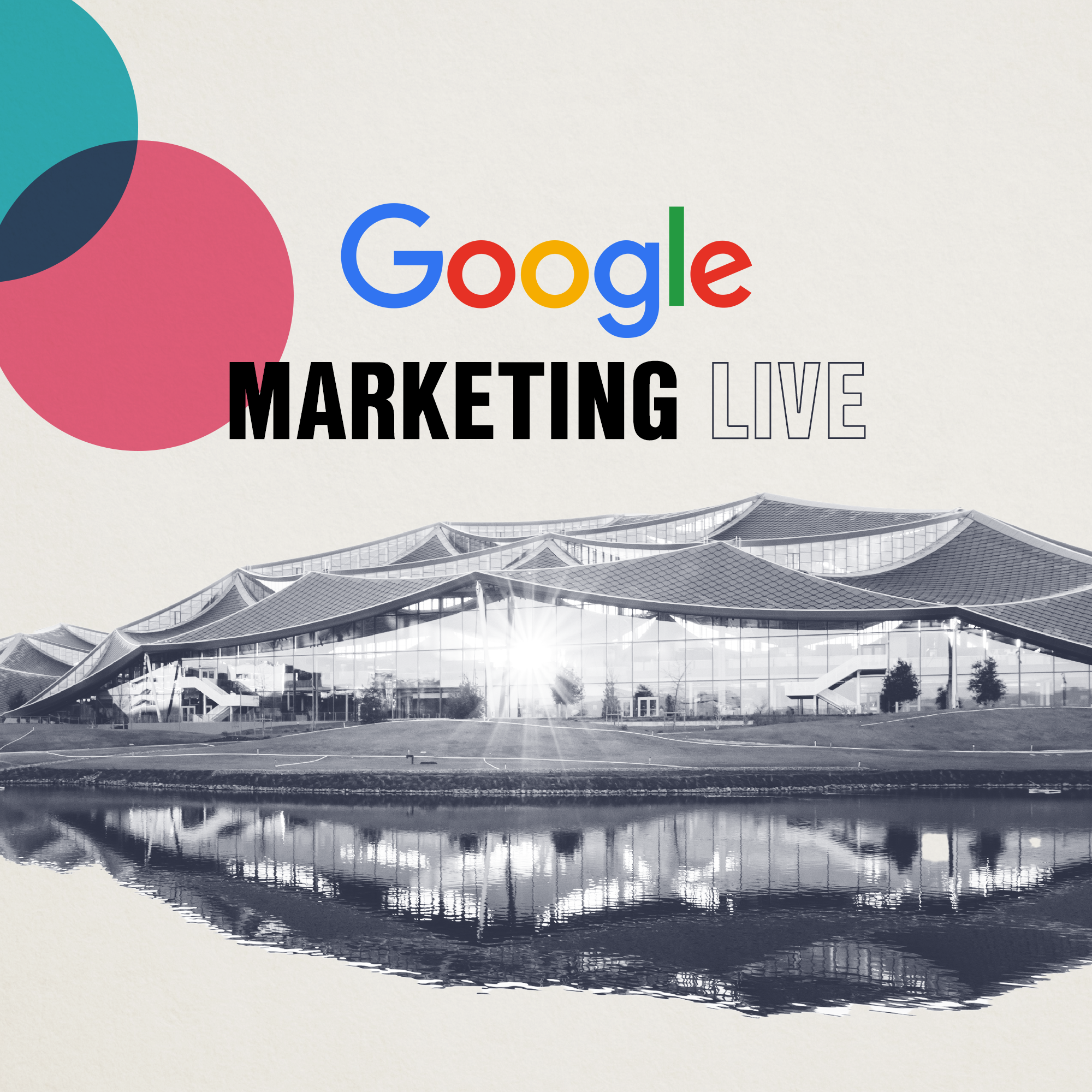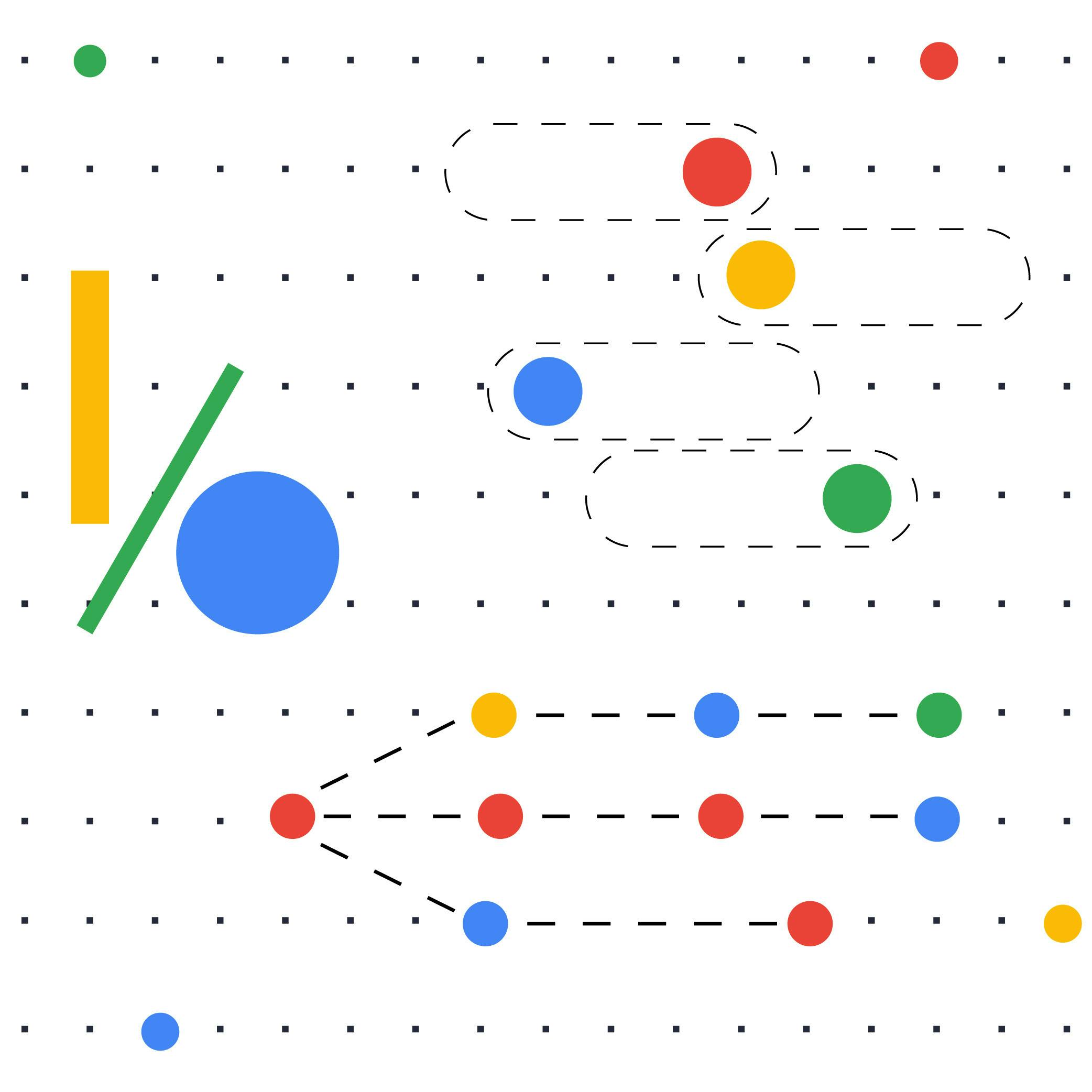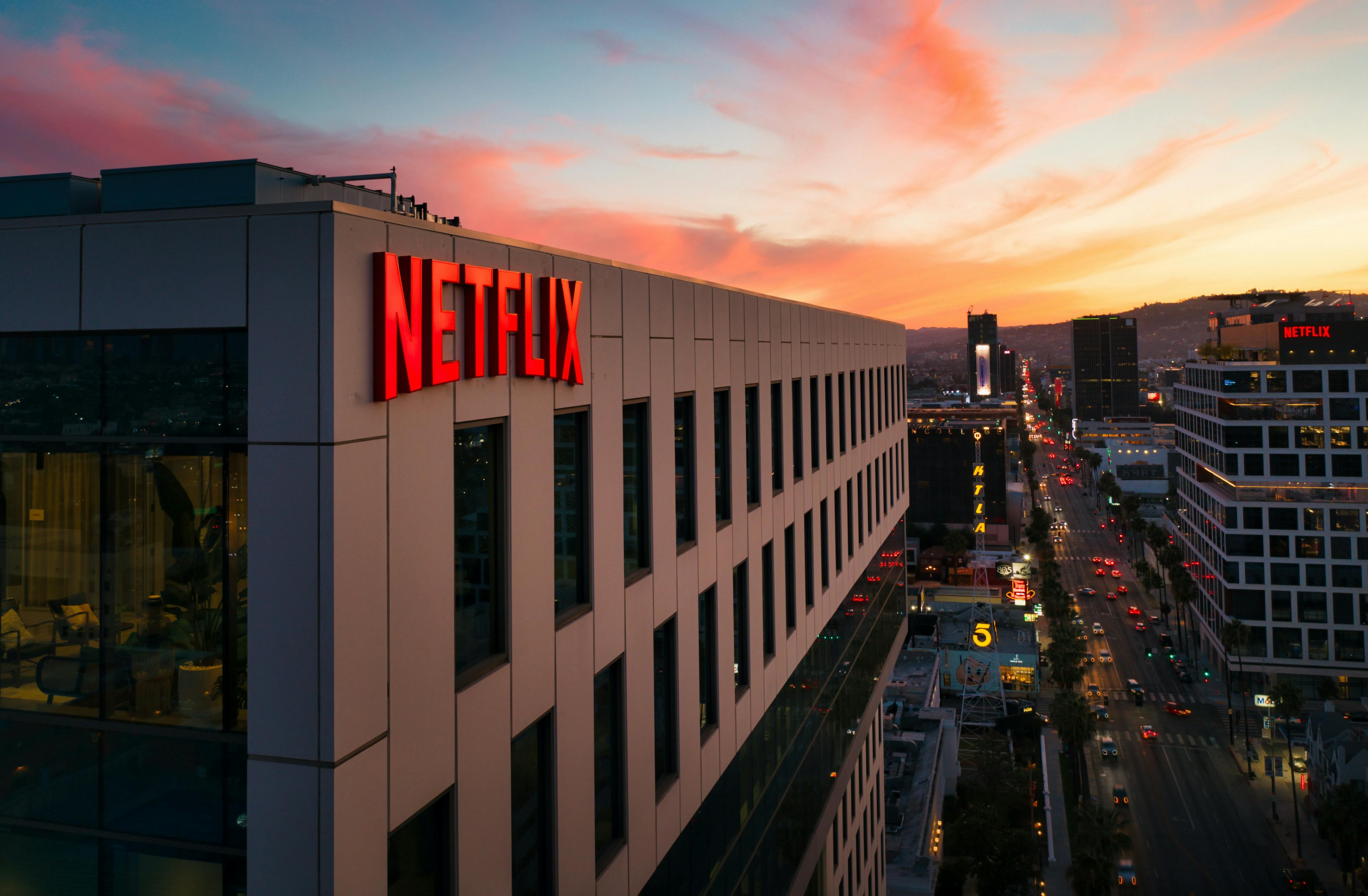Accessibility Tools
PMG Digital Made for Humans
Advertisers Face New Wave of Consumer Privacy-Led Changes
6 MINUTE READ | January 28, 2022

Advertisers Face New Wave of Consumer Privacy-Led Changes
Abby Long, Senior Managing Editor
Abby manages PMG's editorial thought leadership program. As a writer, editor, and marketing communications strategist with over a decade of experience, Abby's work in showcasing PMG’s unique expertise through POVs, research reports, and thought leadership regularly informs business strategy and media investments for some of the most iconic brands in the world. Named among the AAF Dallas 32 Under 32, her expertise in advertising, media strategy, and consumer trends has been featured in Ad Age, Business Insider, Digiday, and The New York Times. She holds a Master's in Liberal Arts from Texas Christian University.
The internet as we know it is on the cusp of transformative change, with advertisers playing a leading role in shaping its future. As new legislation and regulatory frameworks advance through courtrooms and legislative chambers around the world, Big Tech platforms continue to roll out updated solutions of their own in an attempt to outmaneuver mounting consumer and regulatory pressure for privacy-first advertising and digital experiences. This week, updates in both tech policy and platform-based privacy solutions were announced within days of one another, providing a patchwork of legislation and technologies that will define the new look of the digital industry.
On Tuesday, Google announced Topics, the latest Privacy Sandbox proposal that ultimately replaces the Federated Learning of Cohorts, or FLoC, proposal for interest-based advertising. With Topics, a list of human-curated, easily recognizable categories such as “cooking” or “travel and transportation” will catalog the general themes that stem from a user’s browser history. The topics represent the user’s top interests at that point in time and are only stored for three weeks, then deleted, and the list refreshed.
What happened to FLoC? The solution was largely criticized by privacy advocates who were concerned that the solution inadvertently made it easier for advertisers to collect user information.
When a user visits a participating site using Topics, the new solution selects only three topics, “one topic from each of the past three weeks,” to share with the site. That then informs advertising partners to serve the user relevant ads that align with their interests, without using browser fingerprinting or third-party cookies.
Google will begin the trial with, a number that will likely grow to the low thousands in the coming months.
Topics are automatically refreshed for users every three weeks.
Google plans to allow users to remove specific topics, or completely turn off the feature.
In its current state, users won’t be able to pick their own topics.
“From what we understand today, Topics is an attempt to address the feedback about FLoC that advertisers provided to Google and the Privacy Sandbox initiative,” says Jason Hartley, head of search, shopping, and social at PMG. “We’re eager for the developer trial of Topics in Google Chrome to become available, to allow us to take a look under the hood and see how the solution holds up in field tests.”
As platform-based solutions roll out, the U.K.’s Competition and Markets Authority (CMA) continues its investigation into whether Google’s move to phase out third-party cookies could harm competitors and cause advertisers to shift more spending into Google’s advertising tech stack. The tech giant has worked closely with the CMA to address its concerns, offering commitments that the regulatory body has under consideration through the end of February. The CMA’s formal probe shouldn’t be confused with ongoing investigations by Belgium’s data protection authority, whose investigators wrote in a preliminary report in 2020 that the tactics used by Google and other online ad platforms violate Europe’s General Data Protection Regulation (GDPR) privacy law. Rather than placing blame on tech platforms for the violation, the report zeroes in on the European arm of the Interactive Advertising Bureau (IAB). Investigators argue that the IAB is responsible for setting the rules for how member companies buy, sell and use personal data in digital advertising. Late last year, IAB Europe was informed by Belgian data authorities that a draft of their ruling should be expected soon, and likely with it, mandated changes.
Related: German publishers band together in a plea to delay Google’s plans for ending support for third-party cookies via the latest complaint filed to the European Commission on the issue.
On Monday, a lawsuit filed in Washington, D.C., after a months-long investigation by state attorneys, accused Google of “deceiving and manipulating consumers to gain access to their location data.” According to The Wall Street Journal, similar suits are also being filed in Indiana, Texas, and Washington state courts. Google disputed the allegations, claiming the case is built on “inaccurate claims and outdated assertions about privacy settings.” In New York, a federal judge ruled last Friday that an amended complaint filed last year against Google could be unsealed, providing fresh details on the Texas-led coalition that accused Alphabet of being a digital advertising monopoly. The newly-unsealed complaint alleged that Google misled publishers and advertisers around the price and processes of its ad auctions, and made “secret programs” to reduce sales but increase prices for buyers. Google intends to file a motion to dismiss sometime next week, citing that the lawsuit was “full of inaccuracies and lacks legal merit.”
The most pressing privacy-related change for advertisers takes shape with the enactment of the California Privacy Rights Act (CPRA) on January 1, 2023. By expanding the scope of the 2018 California Consumer Privacy Act (CCPA), the revised California state law will give Californians new rights, including the ability to limit the use and disclosure of personal information. Though the law won’t go into effect for another 11 months or so, it offers consumers a “lookback provision,” which applies the law to all information collected by companies starting in 2022. For advertisers already in compliance with CCPA, updates to internal processes may be minimal and are best discussed with data privacy experts and internal data management teams.
Meanwhile, more data privacy legislation in the European Union (EU) and the U.S. Senate made headlines last week, all of which will have lasting effects on the digital advertising industry if passed. The European Parliament voted to approve the initial draft of the Digital Services Act (DSA), a bill that aims to prevent Big Tech platforms from using sensitive information for targeted ads. Negotiations with the European Council on the DSA are scheduled to begin on January 31. In the United States, the Banning Surveillance Advertising Act, which seeks to prohibit targeted digital advertising, with some exceptions like allowing for broad location-based targeting and contextual advertising, was introduced by Senate Democrats in the House of Representatives. The bill is in its early stages (and has yet to be reviewed by a committee) but signifies the growing pressure facing advertisers and tech platforms to shift away from targeted advertising as we know it.
Stay in touch
Bringing news to you
Subscribe to our newsletter
By clicking and subscribing, you agree to our Terms of Service and Privacy Policy
As lawmakers seek to revise current data privacy laws, tech platforms will continue to test new solutions that enable privacy-first advertising, with advocacy groups like IAB lobbying for legislation and regulatory frameworks that protect consumers while also avoiding unintended consequences for the digital industry. In the months to come, PMG will be actively working with our partners to better understand these changes and help support the implementation of robust testing and measurement strategies for our customers to best prepare for whatever the future may bring.





